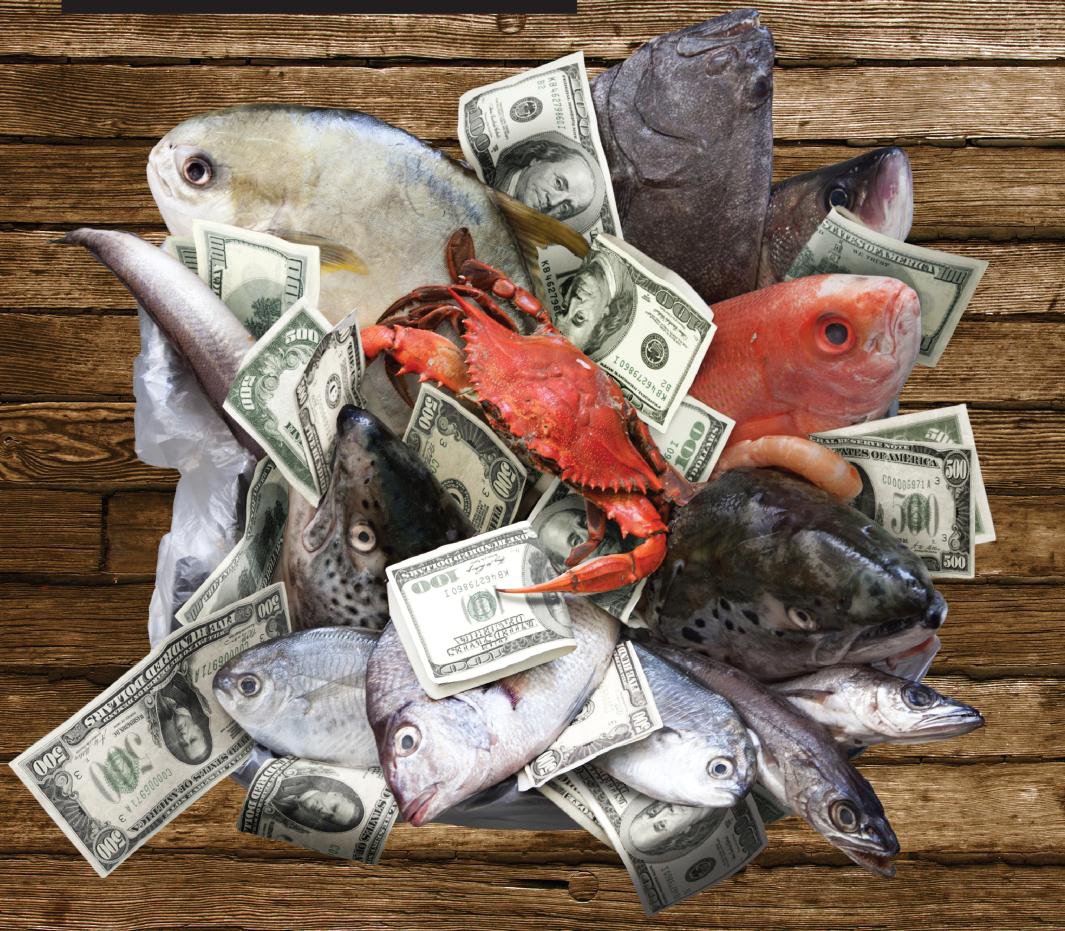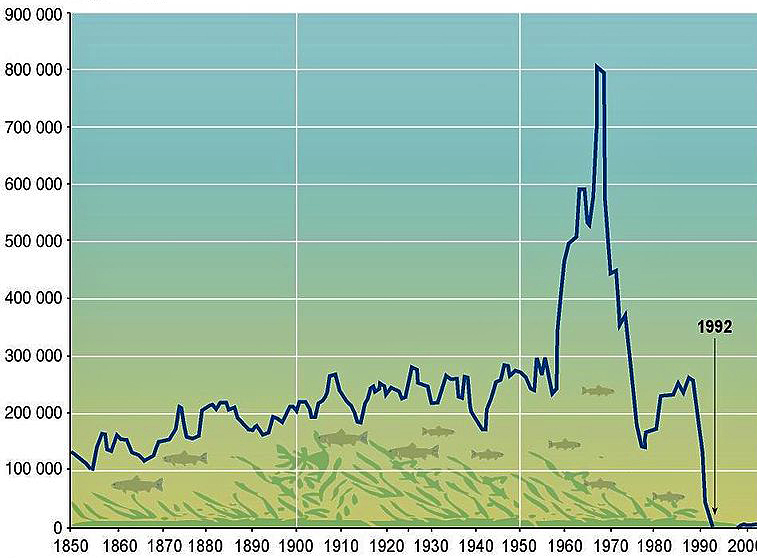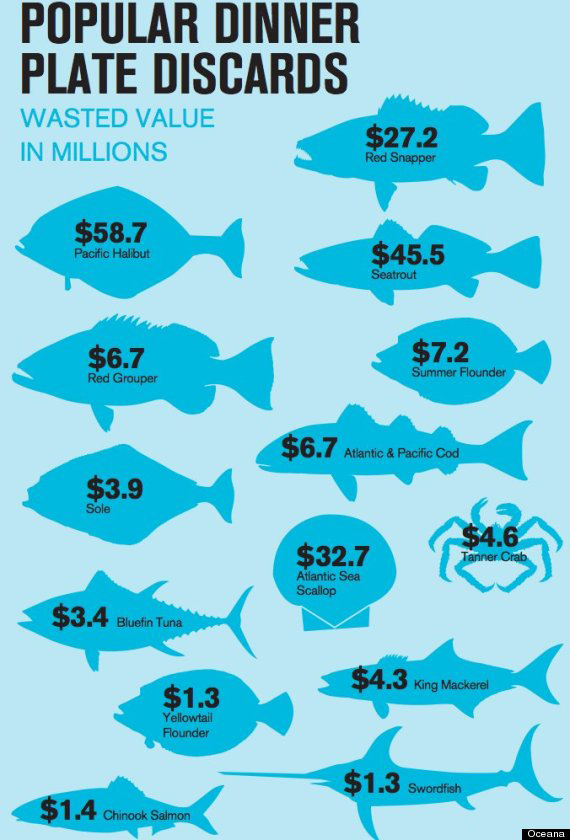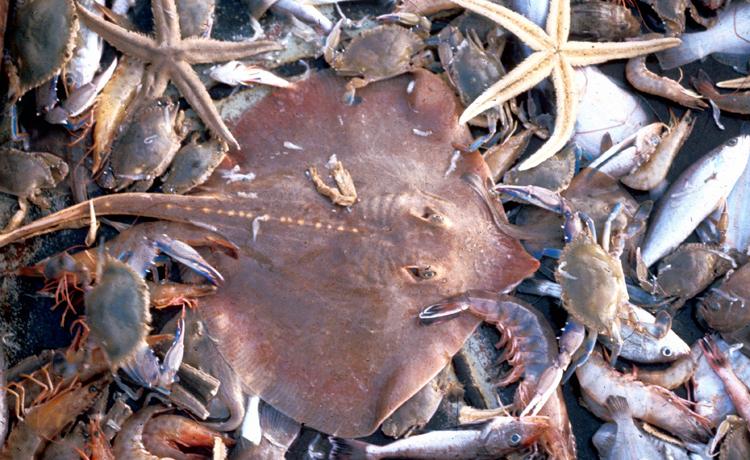“Our ocean is in decline. Habitat destruction, biodiversity loss, overfishing, pollution, climate change, and ocean acidification are pushing the ocean system to the point of collapse. Governance is woefully inadequate, and on the high seas, anarchy rules the waves. Technological advance, combined with a lack of regulation, is widening the gap between rich and poor as those countries that can, exploit dwindling resources while those that can’t experience the consequences of those actions. Regional stability, food security, climate resilience, and our children’s future are all under threat” (Global Ocean Commission Summary Report 2014).
“As recently as 1951, approximately 55 percent of the world’s fisheries were not yet being commercially exploited by humans. The human population explosion led to a rapid decline in the number of undeveloped fisheries, such that by 1970 there were no fisheries in the planet’s waters that were unexploited. In the case of natural fisheries (i.e., excluding aquaculture), fish catch per person peaked somewhere between the years 1971 and 1977, depending on the method of data analysis and curve fitting employed. The peak catch amounted to 16.4 kilograms per person per year; correspondingly by 1998 the annual catch had declined sharply to a level of 9.3 kilograms per person…This dwindling of aquatic food supply comes on top of terrestrial crop production, that also has peaked in many countries” (source).
“Bycatch, or the capture of non-target fish and ocean wildlife, remains one of the biggest threats to the health of ocean ecosystems, contributing to overfishing and the decline of fish populations around the world. As much as 2 billion pounds of fish are discarded by fisheries in the United States each year, hindering the recovery of depleted stocks. What is the price the industry pays for this wasteful habit? In this report, Oceana estimates that the value of discarded fish in the U.S. is at least $1 billion annually.
In 2012, U.S. commercial fishermen landed almost 10 billion pounds of fish worth just over $5 billion. Unfortunately, all of this value is undermined by the discarding of fish as bycatch. In 1994, the Food and Agriculture Organization concluded that “the loss of potential catch resulting from discarding around the world amounts to billions of U.S. dollars,” and the economic losses due to bycatch equal or exceed the value of landed catch in some fisheries. More recently, in 2009, the World Bank estimated that poor management and overexploitation of fishery resources costs the global economy $50 billion every year, signaling that this is not just a problem in the U.S. Despite notable improvements in a few specific regions and fisheries, industry practices have not significantly changed to ameliorate these monumental losses” (Oceana’s Executive Summary, “Wasted Cash: The Price of Waste in the U.S. Fishing Industry”).
Editor’s note: For more on the subject of bycatch, see the article coauthored by alumna Janet Franklin (PhD 1988), published in Ecological Applications: Rebecca L. Lewison, Candan U. Soykan, and Janet Franklin 2009. Mapping the bycatch seascape: multispecies and multi-scale spatial patterns of fisheries bycatch. Ecological Applications 19:920–930.
Article by Bill Norrington





